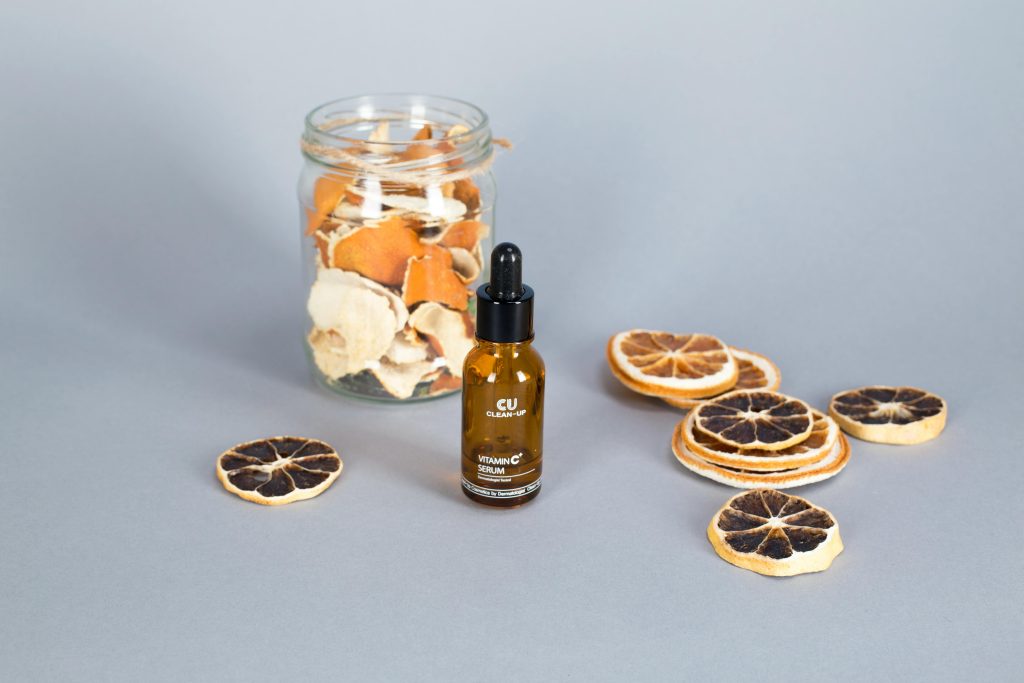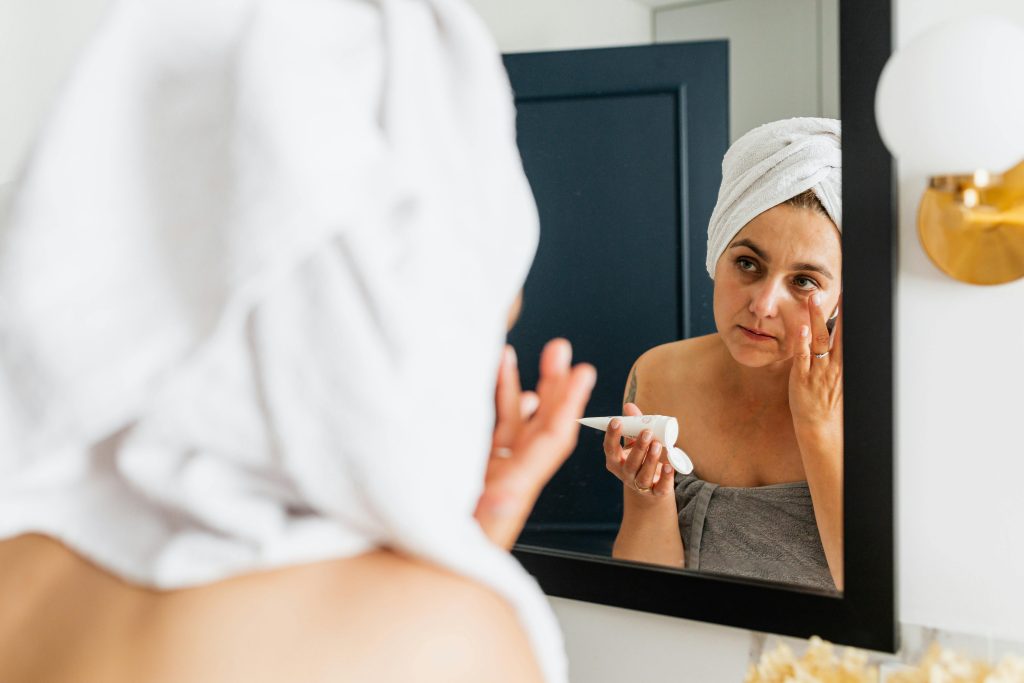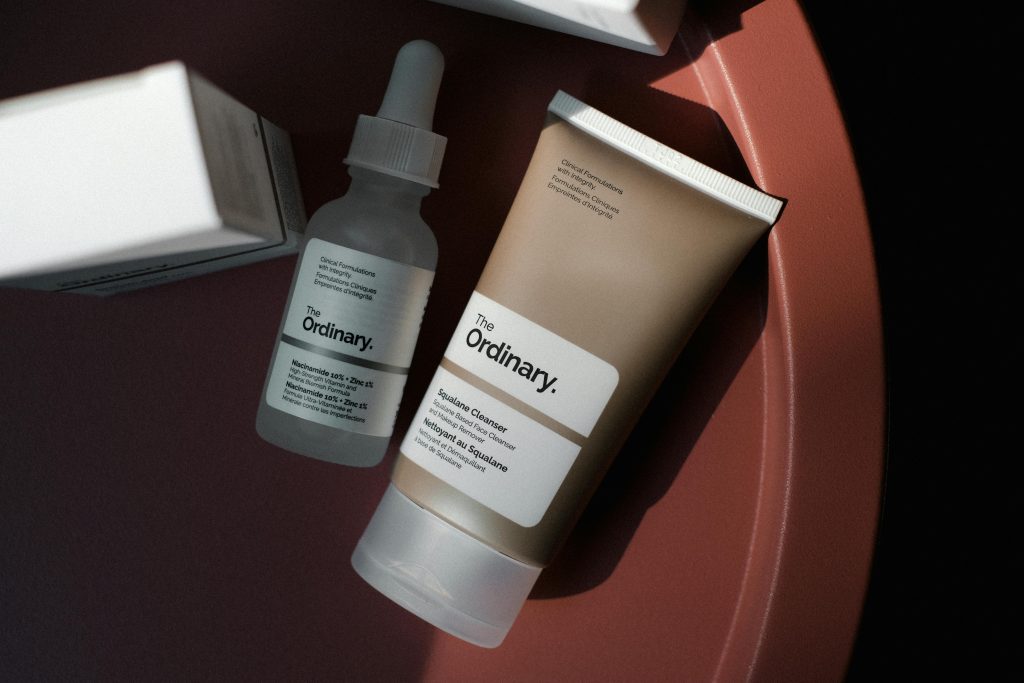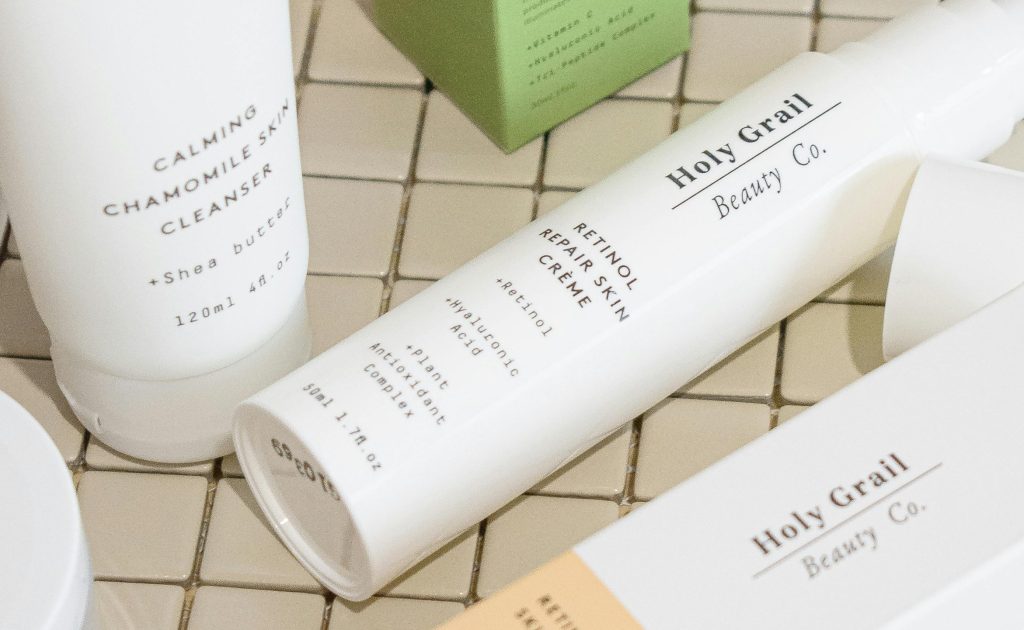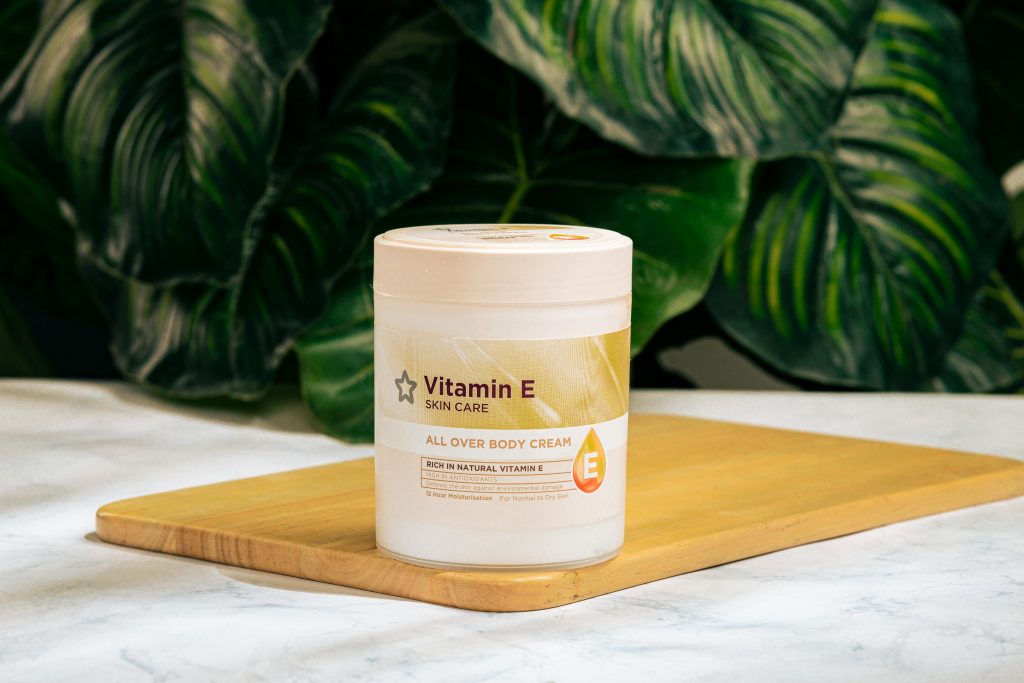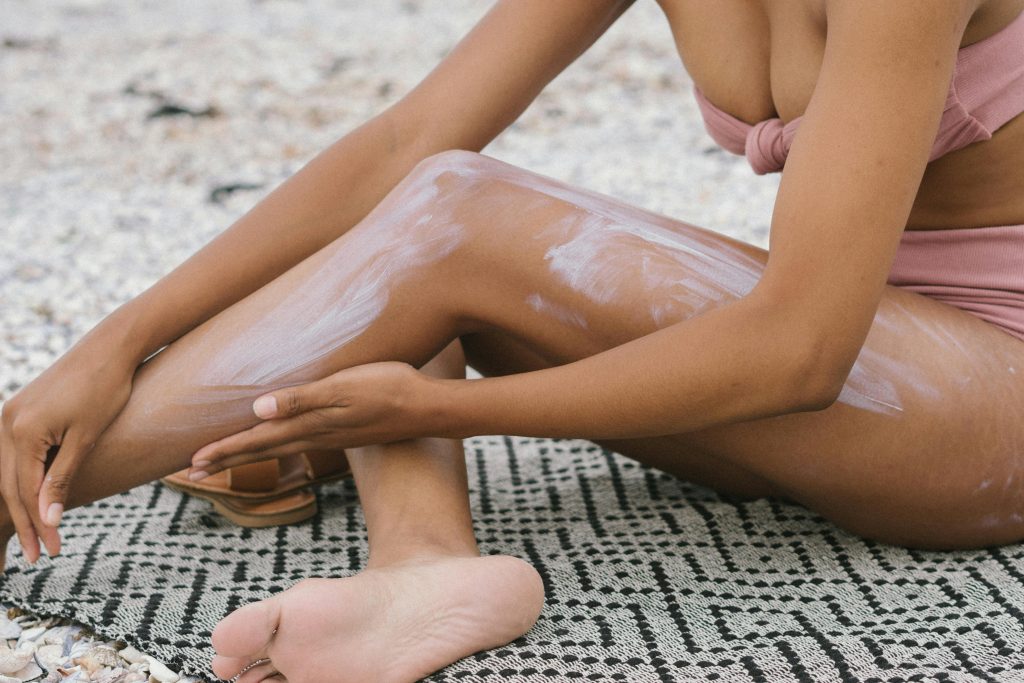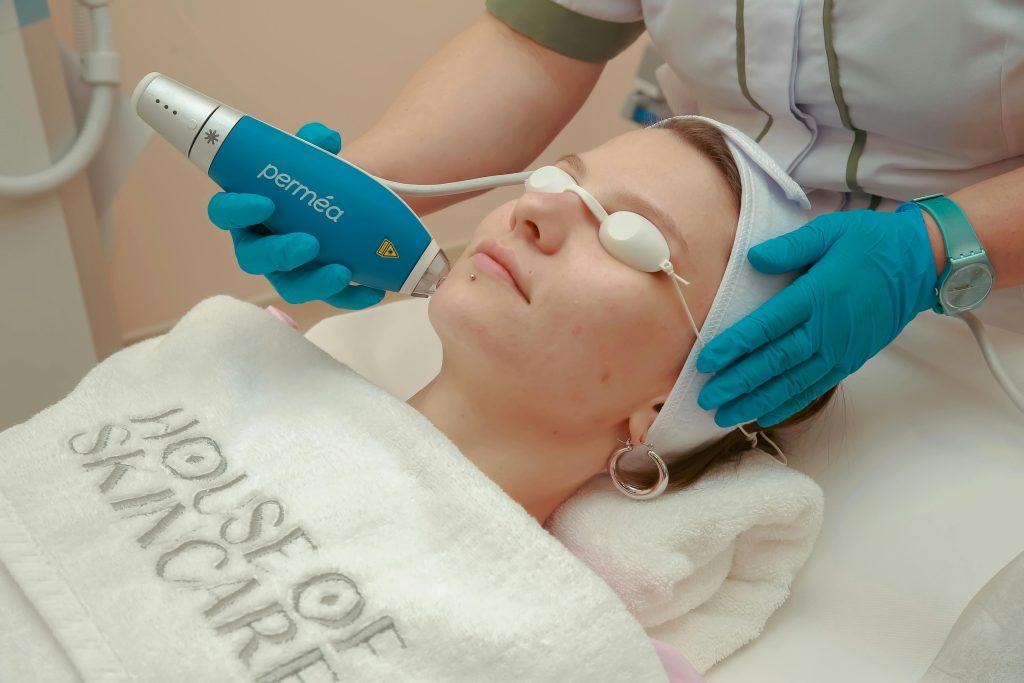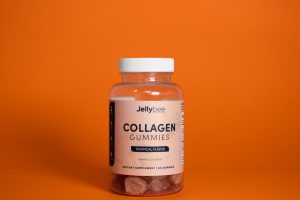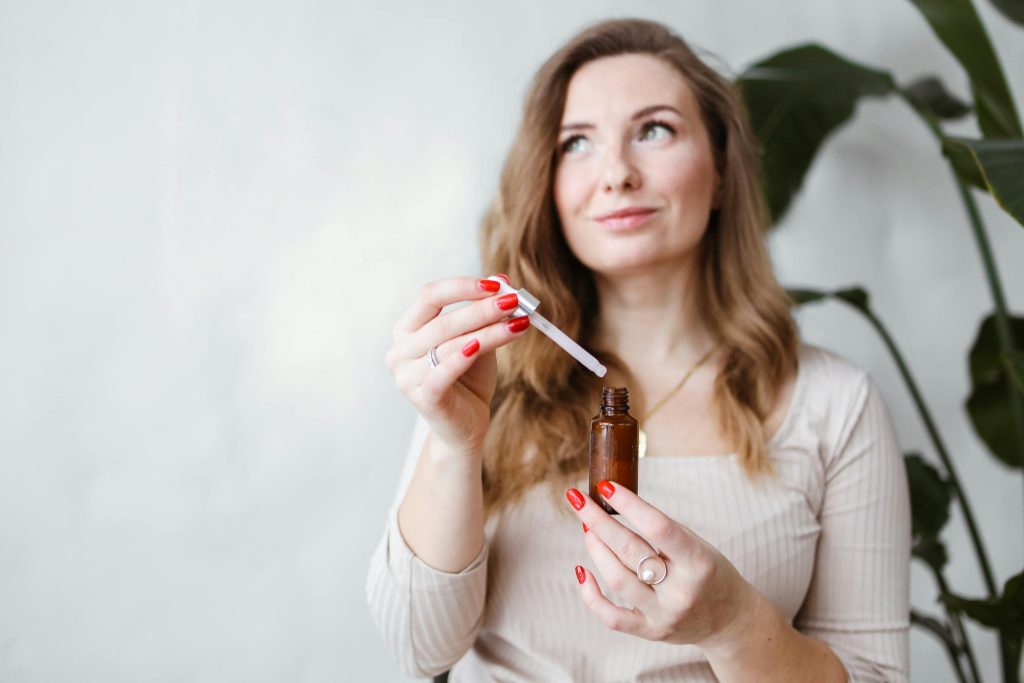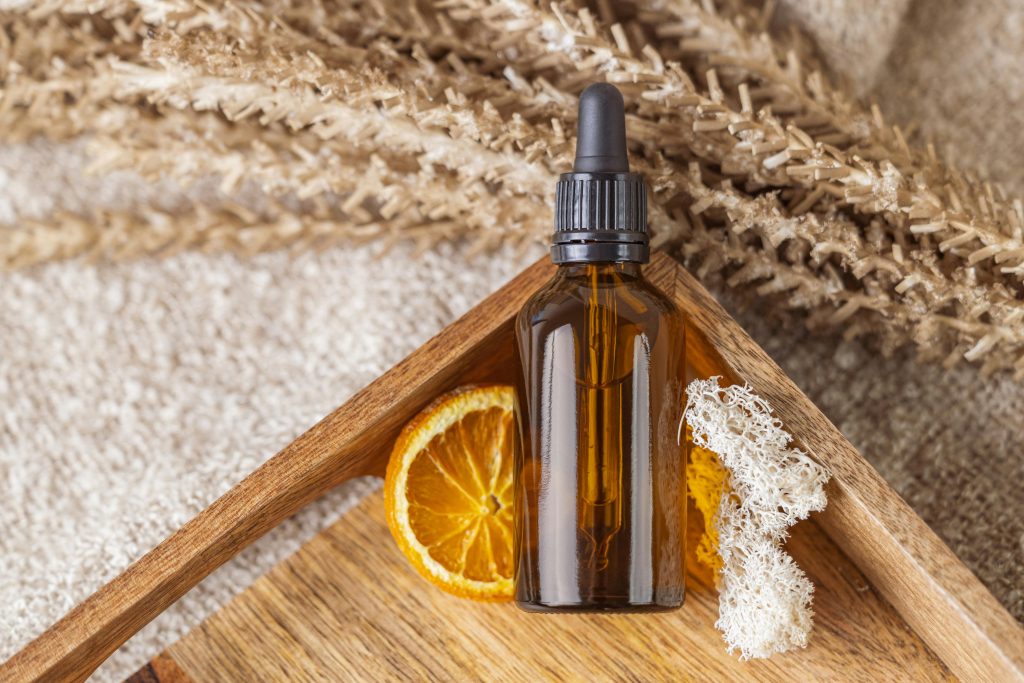
Best Anti-Aging Ingredients According to Dermatologists
When it comes to keeping your skin youthful and radiant, not all ingredients are created equal.
Dermatologists recommend certain powerful and scientifically proven ingredients that target signs of aging, such as fine lines, wrinkles, and loss of elasticity.
This guide will explore the best anti-aging ingredients according to dermatologists and how to incorporate them into your skincare routine for optimal results.
1. Retinoids (Retinol and Retinoic Acid)
Retinoids are considered the gold standard in anti-aging skincare. Derived from vitamin A, they help:
💠 Boost collagen production, reducing the appearance of fine lines and wrinkles.
💠 Increase cell turnover, promoting smoother and more even-toned skin.
💠 Reduce hyperpigmentation and dark spots.
How to Use:
✅ Start with a low concentration (0.25% to 0.5%) and apply at night.
✅ Always follow up with a moisturizer and use sunscreen during the day.
✅ Gradually increase usage as your skin builds tolerance.
2. Hyaluronic Acid
Known for its intense hydration properties, hyaluronic acid can:
💠 Attract and retain moisture, giving skin a plumper appearance.
💠 Minimize the appearance of fine lines by keeping the skin hydrated.
💠 Improve skin texture and smoothness.
How to Use:
✅ Apply on damp skin after cleansing.
✅ Layer with a moisturizer to lock in hydration.
✅ Suitable for both morning and night routines.
3. Vitamin C
Vitamin C is a powerful antioxidant that helps:
💠 Brighten the complexion and fade dark spots.
💠 Protect against free radical damage caused by pollution and UV exposure.
💠 Stimulate collagen production for firmer skin.
How to Use:
✅ Use in the morning after cleansing and before sunscreen.
✅ Choose a stable form like L-ascorbic acid for maximum effectiveness.
✅ Store in a cool, dark place to prevent oxidation.
4. Peptides
Peptides are short chains of amino acids that:
💠 Stimulate collagen and elastin production, improving skin elasticity.
💠 Strengthen the skin barrier, keeping it firm and resilient.
💠 Reduce fine lines by improving skin texture.
How to Use:
✅ Incorporate peptide serums or creams into your nighttime routine.
✅ Pair with hydrating ingredients like hyaluronic acid for a synergistic effect.
5. Niacinamide
A form of vitamin B3, niacinamide offers:
💠 Anti-inflammatory properties, making it suitable for sensitive skin.
💠 Improved skin barrier function, reducing moisture loss.
💠 Brightening effects, helping to fade age spots and discoloration.
How to Use:
✅ Use in both morning and evening routines.
✅ Layer with other actives like retinol to reduce irritation.
✅ Suitable for oily and acne-prone skin due to its sebum-regulating properties.
6. Alpha Hydroxy Acids (AHAs)
AHAs, like glycolic acid and lactic acid, work as exfoliants that:
💠 Remove dead skin cells, revealing fresher, more youthful skin.
💠 Improve skin texture and tone.
💠 Enhance the penetration of other skincare ingredients.
How to Use:
✅ Start with a lower concentration (5-10%) to avoid irritation.
✅ Use at night and follow up with sunscreen during the day.
✅ Limit use to 2-3 times a week if you have sensitive skin.
7. Coenzyme Q10 (CoQ10)
An antioxidant naturally found in the body, CoQ10 helps:
💠 Neutralize free radicals, protecting the skin from oxidative stress.
💠 Improve skin texture by supporting cellular energy production.
💠 Enhance firmness and reduce the depth of wrinkles.
How to Use:
✅ Look for CoQ10 in serums and moisturizers.
✅ Use in the morning to boost your skin’s natural defense against environmental damage.
8. Ceramides
Ceramides are essential lipids that:
💠 Reinforce the skin barrier, preventing moisture loss.
💠 Maintain hydration, keeping the skin smooth and supple.
💠 Improve resilience against environmental stressors.
How to Use:
✅ Ideal for dry and mature skin types.
✅ Layer ceramide-rich creams over serums to lock in moisture.
✅ Use twice daily for consistent protection.
9. Green Tea Extract
Rich in polyphenols, green tea extract:
💠 Reduces inflammation, calming irritated skin.
💠 Fights oxidative stress, helping to delay the signs of aging.
💠 Improves skin elasticity and reduces photoaging.
How to Use:
✅ Suitable for sensitive skin due to its soothing properties.
✅ Use in both morning and evening routines.
✅ Combine with other antioxidants for enhanced protection.
10. Sunscreen
The most essential anti-aging ingredient is broad-spectrum sunscreen. It helps:
💠 Prevent UV-induced damage, including wrinkles and dark spots.
💠 Reduce the risk of skin cancer.
💠 Maintain even skin tone by preventing hyperpigmentation.
How to Use:
✅ Apply every morning as the last step in your routine.
✅ Reapply every 2 hours if exposed to the sun.
✅ Choose SPF 30 or higher for daily protection.
FAQs: Best Anti-Aging Ingredients
- Can I use retinol and vitamin C together?
It’s best to use retinol at night and vitamin C in the morning to minimize irritation and maximize benefits.
- Is it safe to use AHAs and retinoids at the same time?
No, combining AHAs and retinoids can increase irritation. Alternate their use to avoid over-exfoliation.
- Are peptides safe for sensitive skin?
Yes, peptides are generally well-tolerated and suitable for most skin types.
- Can I use niacinamide and vitamin C together?
Yes, modern formulations are stable enough to use together without causing irritation.
- Why is sunscreen essential in an anti-aging routine?
Sunscreen protects against UVA and UVB rays, which cause premature aging and increase the risk of skin cancer.
Conclusion
Incorporating dermatologist-approved anti-aging ingredients can significantly improve your skin’s appearance and delay signs of aging.
Retinoids, peptides, vitamin C, and sunscreen form the foundation of any effective routine.
Combining these with hydrating and soothing ingredients like hyaluronic acid and ceramides will help maintain youthful, healthy skin for years to come.

